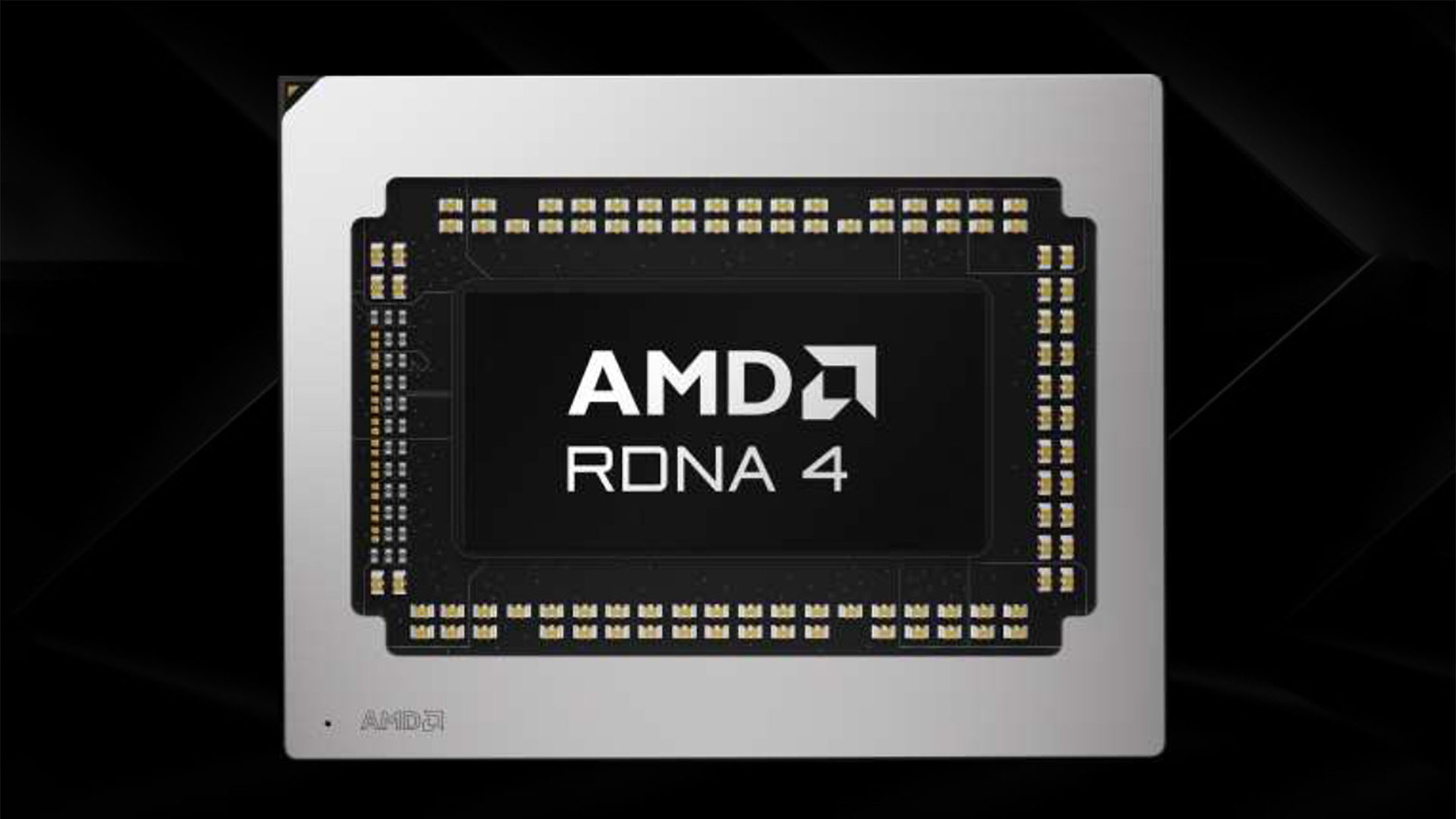
Thanks to hardware enthusiast momomo_us at X, the beans have been spilled about AMD's upcoming RX 9070 series. The leaked information suggests that the RX 9070 XT and RX 9070 will seemingly carry 16GB of GDDR6 memory and offer a slight uptick in the SPs (Stream Processors) count compared to their RDNA 3 counterparts. As always, sprinkle salt over this leak, even though the leaker has a solid track record.
As a brief reminder, AMD introduced RDNA 4 at CES but was tight-lipped regarding specifications and performance. AMD has promised more details later this quarter despite numerous leaks suggesting a reveal this month. We grabbed a few snippets of Navi 48, the die at the heart of AMD's RX 9070 series, coming in at almost 390mm2. Many performance leaks allege the RX 9070 XT matches the RTX 4080 Super in raster and the RTX 4070 Ti Super in ray-tracing performance, but you should approach these claims skeptically.
The tipster claims that AMD's RX 9070 series will debut with PCIe 5.0 support similar to Nvidia's Blackwell series. The flagship RX 9070 XT is rumored to offer 16GB of 20 Gbps memory across a 256-bit interface and 4,096 SPs. Assuming AMD doesn't alter the core layout with RDNA, 4 equals 64 CUs (Compute Units). Due to the slower GDDR6 memory, the RX 9070 XT's bandwidth is 640 GB/s, shy of the RX 7900-series. The RX 9070 XT is allegedly specified to reach 2.97 GHz (boost), so AIB models should have no problems breaching the 3 GHz barrier.
*Specifications are unconfirmed.
The RX 9070 non-XT, per this leak, retains a 16GB frame buffer and dials down the core count to 3,584 SPs or 56 CUs. With a memory configuration similar to its elder sibling, the RX 9070 can also dish out 640 GB/s of bandwidth. The base and boost clocks take a hit, now limited to 2.52 GHz (boost), almost 500 MHz short of the RX 9700 XT. This large drop should result in a lower TGP (Total Graphics Power), possibly below 200W, but that's a guess.
To tackle DLSS, AMD has developed FSR 4, exclusive to the RX 9000 series and powered by hardware-based machine learning. We won't know how this technology fares against Nvidia's newer stuff until these GPUs launch. AMD may be waiting to gauge how well Blackwell performs and price RDNA 4 accordingly. In any case, we will have to wait a bit longer for AMD's long-anticipated reveal.







